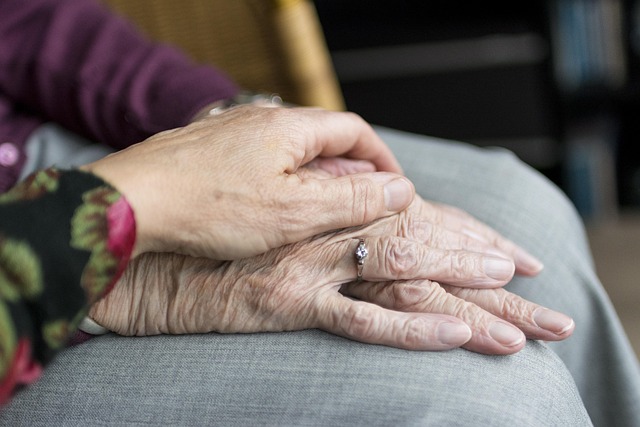
Navigating Emotional Reactions in Communication: Relationship Advice
Communication is the cornerstone of any successful relationship, yet it can often lead to emotional reactions that cloud our judgment and understanding. When we interact with our partners, friends, or family, our emotions can run high, sometimes leading to misunderstandings or conflicts. Navigating these emotional reactions is crucial for maintaining healthy relationships.
One of the first steps in managing emotional reactions is to develop self-awareness. Take a moment to reflect on what triggers your emotions during conversations. Are there specific topics that invoke strong feelings? Recognizing these triggers allows you to prepare for discussions that may elicit an emotional response. This knowledge becomes valuable in controlling your reactions and maintaining a level-headed approach.
Active listening is another vital component of effective communication. When you truly listen to what the other person is saying, it reduces the likelihood of jumping to conclusions or responding defensively. Show your partner that you value their perspective by summarizing their points before sharing your thoughts. This technique not only helps de-escalate potential conflicts but also encourages a more open and honest dialogue.
Practicing empathy can significantly impact how we respond emotionally in communication. Try to place yourself in the other person’s shoes and understand their feelings and viewpoints. This doesn’t mean you have to agree with them, but acknowledging their emotions can help deescalate tensions. When your partner feels heard and understood, it’s easier to navigate emotional reactions together, transforming potential arguments into constructive conversations.
Moreover, it’s essential to communicate boundaries. If certain topics consistently lead to emotional reactions, express your feelings calmly and constructively. Setting guidelines around sensitive subjects can prevent unnecessary conflict and create a safer space for communication. For instance, you might agree to take breaks during arguments or avoid discussing heated topics when either of you is stressed or tired.
Furthermore, recognizing the impact of body language can be a game-changer in your communication. Our nonverbal cues often convey more than our words. Pay attention to your posture, facial expressions, and tone of voice. If you sense your partner is becoming defensive, a softening of your gestures or a gentle tone can help defuse the situation. Nonverbal communication works in tandem with emotional reactions, highlighting the need for awareness in all aspects of interaction.
Lastly, when emotional reactions do arise, it’s important to take a step back and breathe. In the heat of the moment, it’s easy to say things we don’t mean or escalate the situation further. Taking a moment to collect your thoughts and calm your emotions can prevent regrettable outbursts and ensure a more productive conversation. Consider practicing mindfulness techniques, such as deep breathing or visualization, which can ground you and help regulate your emotions in real-time.
In relationships, navigating emotional reactions is an ongoing process that requires practice and patience. Remember that it’s normal to have feelings and that emotion itself is not the enemy; it’s how we manage those feelings that determines the outcome of our communication. By developing self-awareness, practicing active listening, showing empathy, communicating boundaries, understanding body language, and taking mindful pauses, you can foster healthier interactions that enhance your connections with others. These strategies not only lead to better communication but also contribute to deeper emotional intimacy within relationships.


